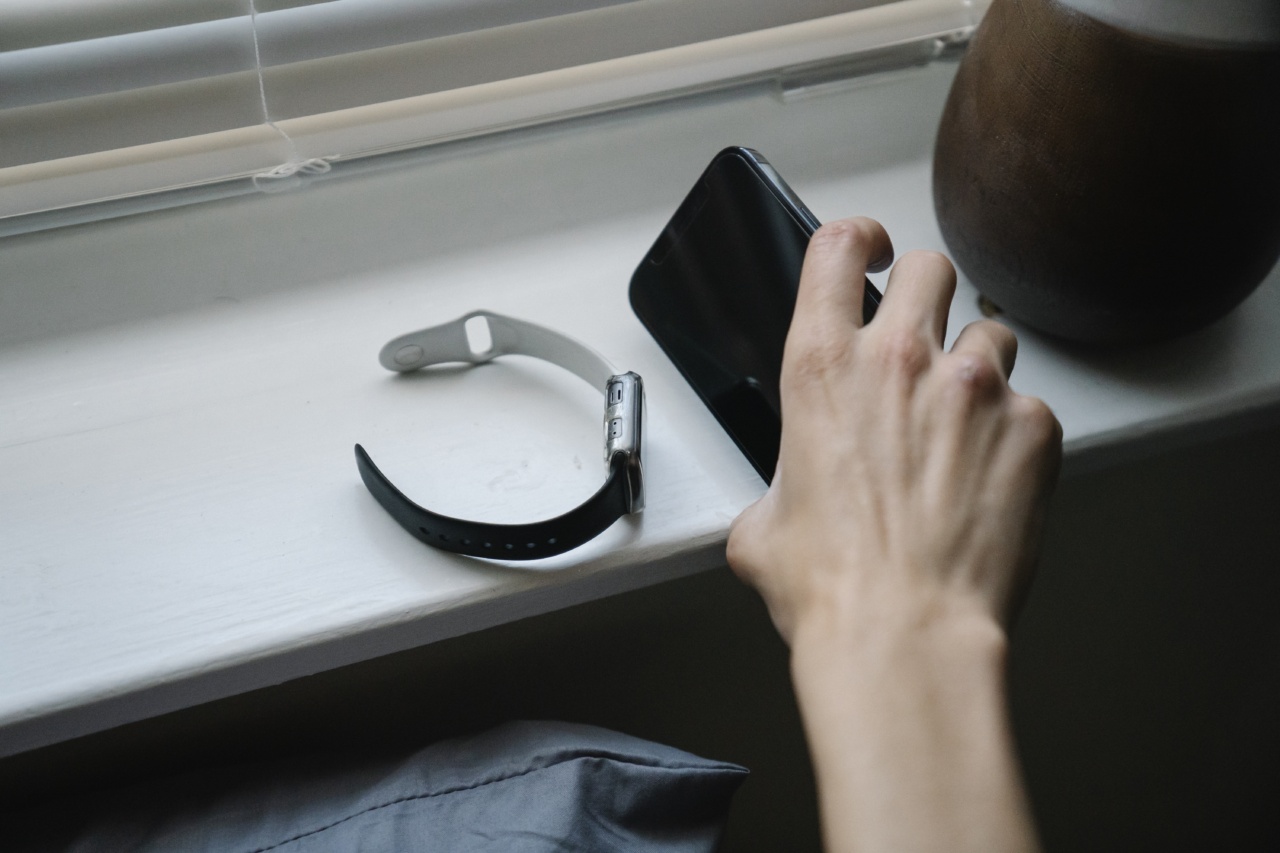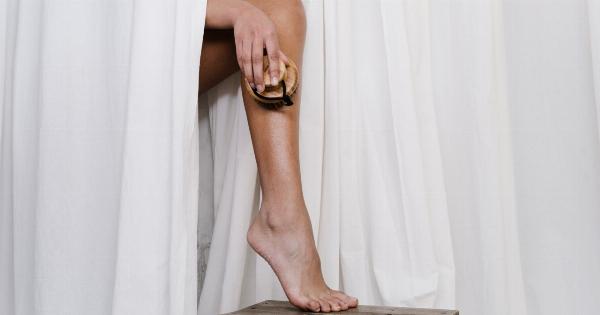Most people take a shower daily, but have you ever wondered if there is an optimal time to take a shower? Is it better to shower in the morning or at night? This article will explore the science behind the perfect shower time.
Morning Showers
For many, taking a shower first thing in the morning is an energizing way to start the day. Not only does it wake you up, but it also helps to improve circulation and boost metabolism.
Additionally, showering in the morning can help you feel more refreshed and alert for the day ahead.
However, if you have dry or sensitive skin, taking a shower first thing in the morning may not be the best option. Hot water and soap can strip your skin of its natural oils, leaving it feeling dry and itchy.
If you must shower in the morning, try to keep the water temperature lukewarm and limit your shower time to 10 minutes or less.
Night Showers
For others, taking a shower before bed is a relaxing way to wind down after a long day. Not only does it help you feel clean and refreshed, but it can also help you sleep better.
The warm water can help to relax your muscles, and the steam can help to clear your sinuses. Additionally, taking a shower at night can save you time in the morning, as you will already be clean and ready for the day ahead.
However, if you have trouble falling asleep or experience night sweats, taking a shower at night may not be the best option. The warm water can increase your body temperature, making it harder to fall asleep.
Additionally, if your bathroom is not well-ventilated, the steam from your shower can make your bedroom feel humid and uncomfortable.
Afternoon Showers
While morning and night showers are the most common, some people may prefer to take a shower in the afternoon. This can be a great option if you have a physically demanding job or if you exercise during the day.
Taking a shower in the afternoon can help to refresh you and wash away sweat and dirt.
However, if you have sensitive skin, taking a shower in the middle of the day may not be the best option. The combination of heat, sweat, and soap can irritate your skin, leaving it feeling dry and itchy.
Frequency of Showers
While the timing of your showers is important, so is the frequency. Most people shower daily, but this may not be necessary for everyone. If you have dry or sensitive skin, showering every day can actually do more harm than good.
Instead, try to limit your showers to every other day, or even every three days if possible. This will help to preserve your skin’s natural oils and prevent it from becoming dry and itchy.
Other Factors to Consider
While the time and frequency of your showers are important, there are other factors to consider as well. For example, the type of water you use can affect your skin and hair.
Hard water, which contains high levels of minerals like calcium and magnesium, can leave a residue on your skin and hair, making it feel dry and brittle. If you have hard water, consider investing in a water softener or using a special shampoo and conditioner.
The temperature of your shower is also important. Hot water may feel nice, but it can be damaging to your skin and hair. It can cause your skin to become dry and itchy, and it can strip your hair of its natural oils, leaving it feeling brittle and weak.
Instead, opt for lukewarm water, and try to limit your shower time to 10 minutes or less.
Conclusion
So, what is the optimal time to take a shower? Ultimately, the answer depends on your personal preferences and needs.
For some, taking a shower in the morning is the best way to start the day, while for others, taking a shower at night is the best way to relax and unwind. Consider the factors discussed in this article and choose a shower time that works best for you.




























